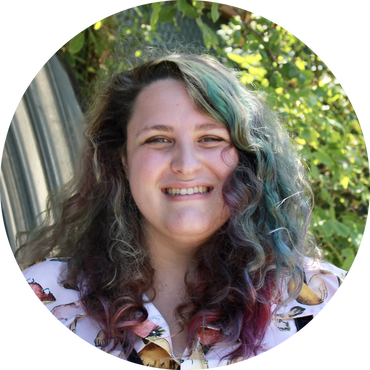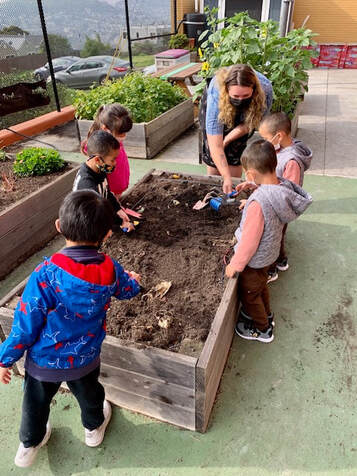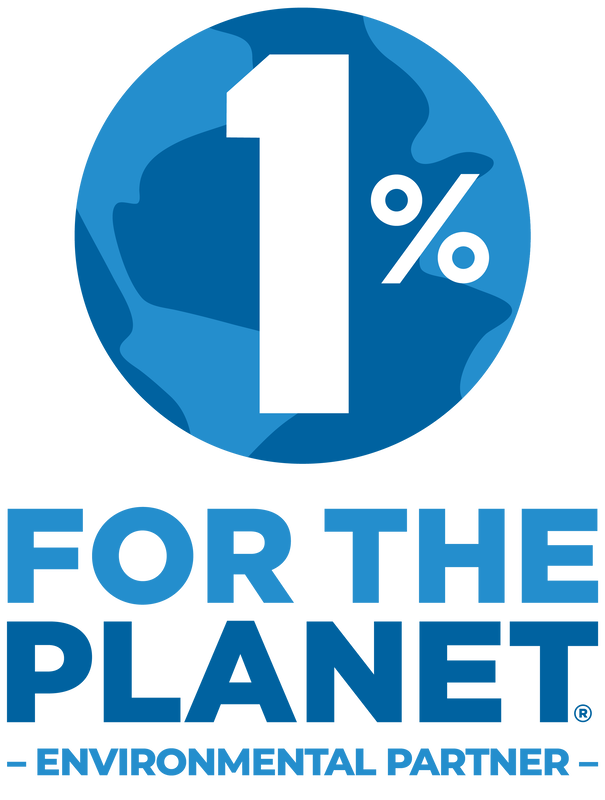When and how did you know you wanted to pursue a job in the environmental sphere? I’ve wanted to work in this field since early childhood - in large part due to informal science programs like CCEO. For a long time I thought I would be a scientist, specifically a marine biologist, but then in the first year of undergrad I took a class called “Experiential Education in the Outdoors''. I remember unspooling string for young people to weave webs of life around ancient trees and feeling a sense of deep alignment. I think in The Secret Garden Frances Hodgsen Burnett refers to it as “The BIG GOOD THING.” While the field of environmental education requires a ton of shapeshifting, this feeling has remained central to my practice. It powers my commitments to kinship, celebration, and dismantling patterns which isolate people from their inherent worth and belonging. There is so much potential within the environmental sphere for communal and personal liberation -- I can’t imagine myself anywhere else.
What is your favorite part of being an environmental educator?
In my experience, outdoor classroom spaces are often places in which people feel most seen -- or where relationships are held most tenderly. I am remembering conversations between folks with dementia and their caregivers about the mutual aid within a beehive. I’m thinking of a moment when students who often questioned their worth were welcomed by worms to compost and its juicy alchemical flow. We move parallel to and as part of the natural world -- I really like helping folks remember that.
0 Comments
Leave a Reply. |
Get In TouchDo you know an environmental leader who should be featured in a story? Reach out to [email protected]. Categories
All
Archives
April 2024
|
Get Involved
|
Contact Us
|
SEI Headquarters
100 Smith Ranch Road, Suite 124 San Rafael, CA 94903 Phone: (415) 507 - 2181 Email: [email protected] States where we work:
Arizona California Colorado Indiana Maryland New Mexico New York New Jersey North Carolina Oregon Washington Virginia |
ConnectSubscribe to the SEI quarterly newsletter to get involved and receive updates
|
SEI is a 501(c)3 nonprofit organization.



 RSS Feed
RSS Feed

